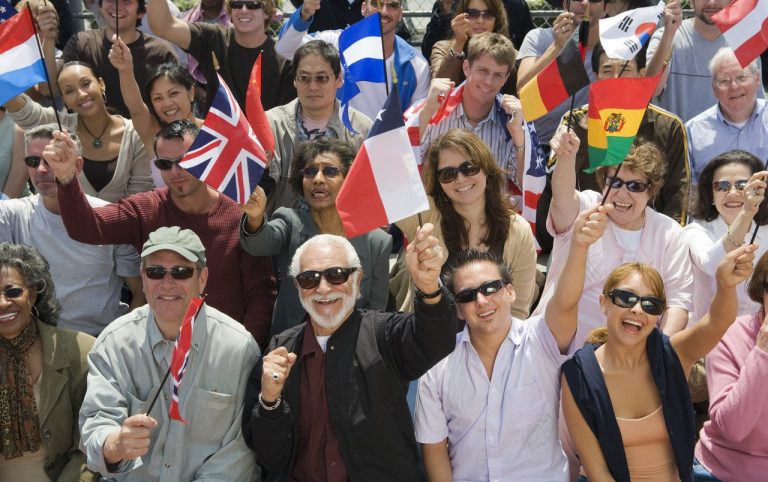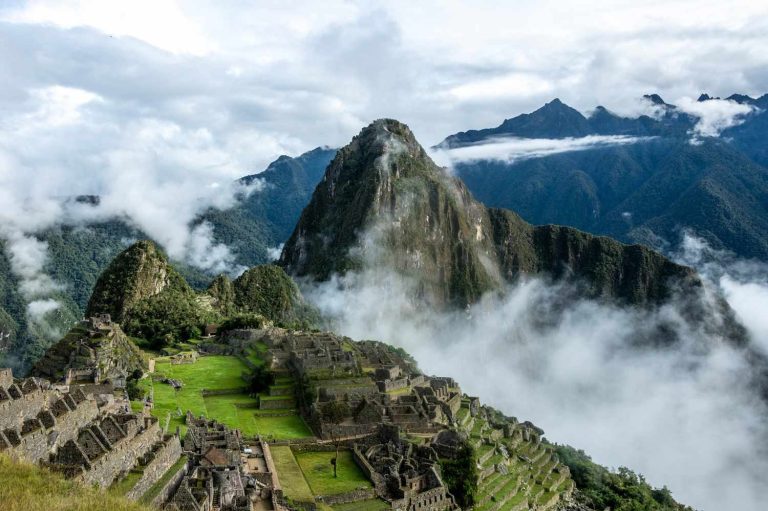.
More destinations
Fortaleza is a vibrant city located in northeastern Brazil, known for its beautiful beaches, rich culture, and delicious cuisine. Visitors can explore the historic architecture of the city center, relax on the sandy shores of Praia do Futuro, or sample fresh seafood at the Mercado dos Peixes. With its warm weather and friendly locals, Fortaleza is a must-visit destination for anyone looking to experience the beauty of Brazil.
Foz do Iguacu is a breathtaking destination that should be on everyone's travel bucket list. The majestic waterfalls, lush rainforest surroundings, and diverse wildlife make it a must-see for nature lovers. Whether you're exploring the falls by boat, helicopter, or on foot, the sheer power and beauty of the cascading water will leave you in awe. Don't forget to visit the nearby national parks and wildlife reserves to fully immerse yourself in this natural wonderland.
Salvador da Bahia is a vibrant city known for its rich Afro-Brazilian culture, stunning beaches, and colorful colonial architecture. Visitors can explore the historic Pelourinho district, sample delicious Bahian cuisine, and experience the lively music and dance scene. With its warm climate and friendly locals, Salvador is a must-visit destination for anyone looking to immerse themselves in the beauty and energy of Brazil.
Tips to travel to Brazil
Traveling to Brazil offers a diverse range of experiences, from vibrant cities and stunning beaches to lush rainforests and vibrant cultural festivals. Here are some tips to help you make the most of your trip:
Visa Requirements: Check the visa requirements for your nationality before traveling to Brazil. Many visitors can enter visa-free for short stays, but it's essential to verify the specific requirements based on your country of origin.
Best Time to Visit: Brazil's climate varies greatly depending on the region. The best time to visit depends on your interests and the regions you plan to explore. The dry season (May to September) is generally the best time to visit the Amazon rainforest and the Pantanal wetlands. The summer months (December to March) are ideal for visiting coastal areas, including Rio de Janeiro and Salvador, but they can be crowded and hot. The shoulder seasons (April to June and October to November) offer milder weather and fewer crowds.
Currency and Payments: The official currency of Brazil is the Brazilian Real (BRL). US dollars and Euros are commonly accepted in tourist areas, but it's advisable to exchange some currency for reais for use in local markets and establishments. Major credit cards are accepted in hotels, restaurants, and larger stores, but it's always a good idea to carry cash for smaller purchases and transactions.
Health Precautions: Make sure to drink bottled or purified water to avoid stomach issues. If you're traveling to areas with a risk of yellow fever, such as the Amazon rainforest, consider getting vaccinated before your trip. Apply sunscreen and insect repellent as needed, especially in tropical areas. Consider purchasing travel insurance that includes medical coverage before your trip.
Transportation: Getting around in Brazil can be done through buses, domestic flights, taxis, and rental cars. Long-distance buses are an affordable option for traveling between cities and regions, but be prepared for long journeys and varying levels of comfort. Domestic flights are convenient for traveling long distances, especially to remote areas like the Amazon rainforest and the Pantanal wetlands. Taxis are readily available in urban areas and can be hailed on the street or arranged through your accommodation. If you prefer more flexibility, consider renting a car, but be aware of local driving conditions and traffic laws.
Accommodation: Brazil offers a range of accommodation options, including hotels, hostels, guesthouses, and eco-lodges. In Rio de Janeiro, consider staying in neighborhoods like Copacabana or Ipanema for easy access to beaches and attractions. In the Amazon rainforest, you'll find unique accommodations like jungle lodges and riverboats. Book accommodations in advance, especially during peak tourist seasons.
Language: Portuguese is the official language of Brazil. While English is spoken in tourist areas, hotels, and restaurants, it's helpful to have some basic Portuguese phrases to communicate with locals and enhance your travel experience.
Cultural Immersion: Immerse yourself in Brazilian culture by attending live samba shows in Rio de Janeiro, experiencing the Afro-Brazilian culture of Salvador, and participating in cultural festivals and events. Don't miss the opportunity to try traditional Brazilian cuisine, such as feijoada (black bean stew), acarajé (deep-fried bean cakes), and caipirinha (a cocktail made with cachaca, lime, and sugar).
Safety: Brazil is generally a safe destination for travelers, but it's essential to remain vigilant, especially in urban areas where petty theft can occur. Be aware of your surroundings and take precautions with your belongings. Avoid displaying valuables and be cautious when using ATMs.
Respect Local Customs: Familiarize yourself with Brazilian customs and etiquette to show respect for the local culture. Greet people with a handshake or a warm "Oi" (hello), and use "por favor" (please) and "obrigado" (thank you) when interacting with locals. Embrace the relaxed pace of life and enjoy the warm hospitality of the Brazilian people.
By keeping these tips in mind, you can have a memorable and enjoyable experience exploring the beauty and culture of Brazil.
Travel Advisories
The U.S. Department of State has four Travel Advisory Levels: Level 1 - Exercise normal precautions; Level 2 - Exercise increased caution; Level 3 - Reconsider travel; Level 4 - Do not travel.
Level 2 - Exercise increased caution when traveling to Brazil.
Country Summary: Violent crime, such as murder, armed robbery, and carjacking, is common in urban areas, day and night. Gang activity and organized crime is widespread. Assaults, including with sedatives and drugs placed in drinks, are common. U.S. government personnel are discouraged from using municipal buses in all parts of Brazil due to an elevated risk of robbery and assault at any time of day, and especially at night.
Level 4 - Do not travel to:
- Any areas within 150 km/100 miles of Brazil’s land borders with Venezuela, Colombia, Peru, Bolivia, Guyana, Suriname, French Guiana, and Paraguay due to crime. (Note: This does not apply to the Foz do Iguacu National Park or Pantanal National Park.)
- Informal housing developments (commonly referred to in Brazil as favelas, vilas, comunidades, and/or conglomerados) at any time of day due to crime.
- Brasilia’s administrative regions (commonly known as “satellite cities”) of Ceilandia, Santa Maria, Sao Sebastiao, and Paranoa during non-daylight hours due to crime.
It's advisable to consult your country's official travel advisory website, for the most up-to-date information and specific travel advisories related to this country. Additionally, register your travel plans with your embassy or consulate for assistance in case of emergencies.
Itaca Tours, LLC - itacatours.com
120 Park Plaza Dr Apt 3316 - 07094 - Secaucus, United States | Telephone +12154302918
Privacy Policy | ©Copyright. All rights reserved.
We need your consent to load the translations
We use a third-party service to translate the website content that may collect data about your activity. Please review the details in the privacy policy and accept the service to view the translations.


